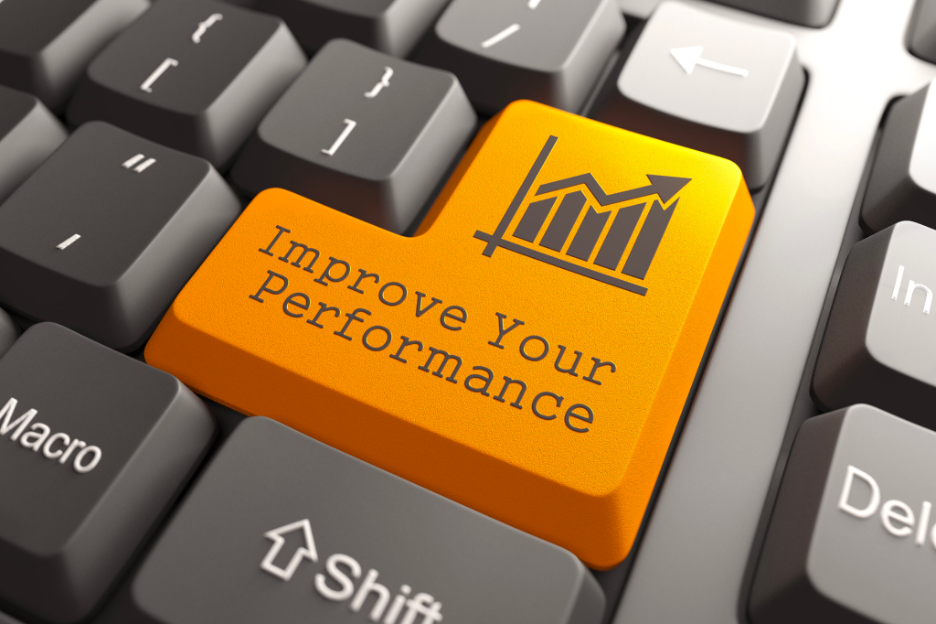Sales has traditionally been viewed as an intuition-driven profession.
In recent years, however, sales data and technology has changed the way that sales teams think and feel and has become a welcome companion sitting alongside sales EQ to predict responses of prospects and assist sales teams.
Gut feelings are always going to be valuable to inform the sales approach but across thousands of customer interactions every year per sales rep, data can instantly spot patterns and help empower better decisions and outcomes.
Data-driven sales is the art of using data to make smarter decisions and supports the effort of continuously optimizing through analytical insights.
Data-driven sales helps salespeople understand which activities, or habits, bring them success and which are preventing them from hitting their targets.
How is data valuable in the sales process?
Addresses revised buyer expectations
Power in the sales conversation has been shifting away from sellers toward buyers with so much information available online and in person meetings at an all time low.
Buyers have lower dependency and higher expectations from sellers as a result and expect value from each interaction. Tracking data on how buyers respond to various messaging approaches helps to centralize team strategy around a sales playbook based on results.
They expect sales reps to understand buyer preferences and focus on helping buyers achieve their goals rather than making a quick sale.
Responding to these heightened expectations requires analytics, which can help make sales more personalized, targeted and relevant.
Informs sales messaging
By applying data science to sales, companies and salespeople understand what to focus on when and with what kind of tone and supporting materials in their messaging.
Content analytics solutions allow sales teams to understand what types of content assets are most appropriate for engaging customers and propelling the sales conversation forward at each step of the customer journey.
They give clarity on what is engaging for prospects and how they react. This is a good indicator of what they actually care about—something that will help the sales team by giving it more insights about prospects’ actions. This data can empower members of the sales team to have more thoughtful and productive conversations and drive the process forward.
Generates productivity efficiency
A data-driven sales strategy leverages the data and information being collected across the team during every sales interaction to help generate more effective sales messaging, better anticipate the needs of customers, and create repeatable success with prospects.
Data-driven sales is a sales approach that involves collecting and using specific metrics to inform all sales decisions, from lead prospecting to people management to churn reduction and pricing.
Using sales data can help AEs become more productive and improve performance.
It can also save them precious time and energy pursuing customers who aren’t a good fit or are not interested and focus on the deals that are more likely to close.

Photo credit: Shutterstock
Promotes evidence based learning culture
It is far easier to encourage other team members to follow a similar strategy if there is clear evidence of its impact.
A data driven sales team is constantly sharing best practices with one another and making the recommendations easily accessible especially in the WFH and hybrid selling environments of today.
Sales data tools should seamlessly connect with the CRM to check the impact on deal progression.
A data-driven sales team should follow a distinct sales process and playbook — a repeatable set of actions to close a new customer.
A sales data process allows you to see instantly which parts of your sales approach are working and which parts aren’t.
When making changes or updates to sales process usually the key is to do it slowly and with transparency across the team. This allows the team to get used to the change and to clearly see if that change is benefitting or hurting the overall sales process.
But by bringing in data and analytics the process can be fast forwarded and create a more dynamic streamlined organization.
Indeed incorporating data and analytics into the sales process takes the guesswork out of sales.
The companies using an array of tools to analyze sales data at scale are likely to see the biggest benefits of this trend.
